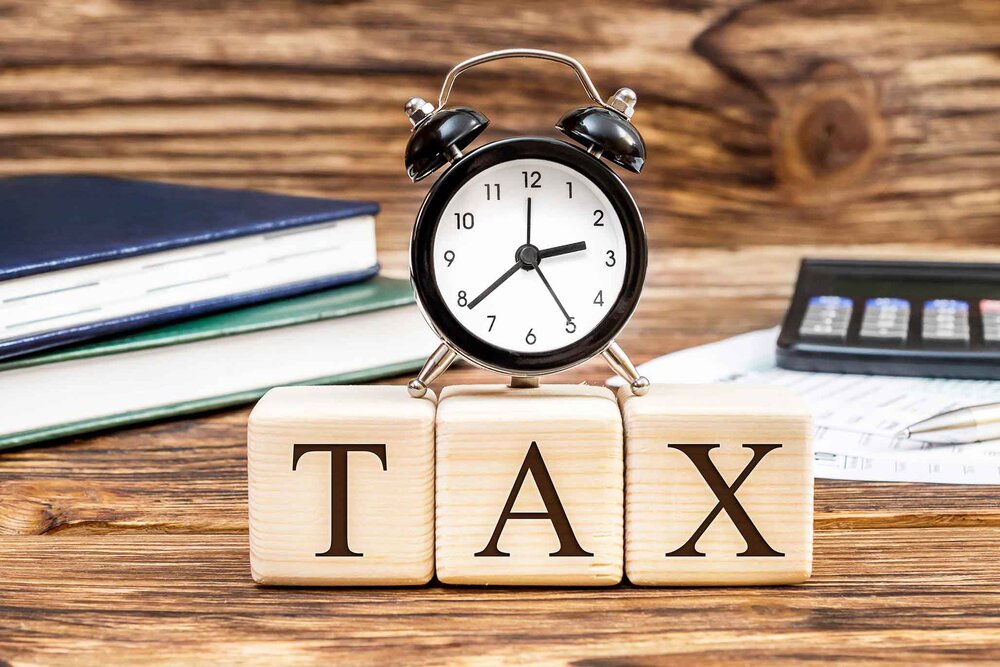
Investors on the Nigerian Stock Exchange are to pay a Capital Gains Tax of 10% on the sale of shares according to provisions of the signed Finance Act 2021. The tax is applicable on the disposal of shares worth N100 million and above.
The tax also extends to anyone selling shares of any company even if the shares are not listed on the stock exchange which inadvertently includes the sale of shares by private equity firms, startups, venture capitalists, or any shareholder looking to sell shares in Nigeria.
The law however exempts anyone who sells shares and reinvests the proceeds in purchasing another company’s shares or the shares of the same company within the same year. However, this is provided that you invest all the proceeds within a year. Any part of the proceeds not reinvested will be taxed while the balance reinvested will not be taxed.
What the Nigerian Finance Act says about tax on shares
This was captured under Part 1 Section 1. Of the Act, which states as follows;
“Without prejudice to any other applicable law, the gains accruing to a person on disposal of its shares in any Nigerian company registered under the Companies and Allied Matters Act shall be chargeable gains under this Act except where —
(a) the proceeds from such disposal are reinvested within the same year of assessment in the acquisition of shares in the same or other Nigerian companies:
Provided that tax shall accrue proportionately on the portion of the proceeds which are not reinvested in the manner stipulated in this subsection;
(b) the disposal proceeds, in aggregate, is less than N100,000,000 in any 12 consecutive months, provided that the person making the disposals shall render appropriate returns to the Service on an annual basis; or
(c) the shares are transferred between an approved Borrower and Lender in a regulated Securities Lending Transaction.”
The act also specifies a capital gains tax of 10% on the disposal of the shares.
“Without prejudice to the provisions of section 2 of this Act, the rate of capital gains tax on disposal of shares under this section shall be 10%.”
What this means
For anyone selling shares: If you are an investor looking to sell shares then you pay a 10% tax on the capital gains you make selling the shares if you do not reinvest the proceeds into shares.
- For example, if you sell shares you bought for N100 million for N150,000,000 and decide not to reinvest the entire N150 million, you pay tax on the gain of N50 million you made. This means you pay a tax of N5 million.
- If you reinvest just N130 million, then you pay tax on N20 million which is N2 million in tax.
- If you do not make a profit (or gain), you do not pay any tax.
Who do you pay the tax to?
Individual Investor: This is anyone other than a registered company who is selling shares in any company. Taxes are paid to the state inland revenue service via the personal income tax. For example, if you reside in Lagos, then that tax goes to the Lagos State Inland Revenue Service. This will mostly be high net-worth individuals.
Corporate Investor: For foreign investors, pension funds, private equity firms, venture capitalists, or any corporate that invests in startups, the taxes will be paid to the Federal Inland Revenue Service.
Implications for investors
- For the first time in decades, investors in Nigerian companies will pay tax when they sell shares they own without reinvesting the proceeds within a year.
- This will definitely affect investors in the Nigerian stock market whose capital gains can easily be administered through stockbrokers or sny intermediaries.
- Currently, the only tax that is applicable on the equities market is the 10% withholding tax on dividend payments. This tax is deducted at the source.
- Investors will now have to be smarter about how they manage their portfolios deploying more tax avoidance tactics to reduce the tax paid when they takeout profits from investments.
- There will also be a need to acquire the software and human resource in the finance department of corporates to help document these transactions and analyze tax implications.
- Individual investors (especially HNIs) will also likely need to calculate their taxes themselves or employ consultants to do it for them.
Why is the government taxing the sale of shares?
After decades of applying a zero tax on sale of shares, the Buhari administration has introduced taxes many think are a disincentive for investing in the equities market.
- Before now, one of the many attractions of investing in Nigerian Stocks is the zero tax on capital gains, unlike most countries that tax the sale of shares.
- However, the Nigerian Government has been under intense revenue strains struggling to cope with ballooning multi-year budget deficits. This tax is an attempt to help shore up revenues.
- Supporters of this tax also cite the need to balance things out especially for institutional investors who shelve dividends and thus avoid paying withholding tax. Instead, they rather sell the shares and pocket the capital gains avoiding tax liability.
- This law now requires that they pay tax if they do not reinvest the capital gains within a year.
- Thus this tax is targeted at institutional investors and HNI’s who sell hundreds of millions in shares.
How much could the government make?
- The Minister of Finance, Zainab Ahmed was not specific on how much the government hopes to rake in annually.
- According to data from the Nigerian Stock Exchange the total transaction value of foreign and domestic investors on the exchange was N1.9 trillion and N21 trillion in 2019 and 2020 respectively. The figure is N1.74 trillion as of the year to date November 2021.
- Total foreign portfolio outflows (amount taken out by foreign investors from the equities market) were N523, and N482 billion in 2019 and 2020 respectively. It is currently N540 billion as of November YTD 2021.
- Assuming a profit of 10% for foreign investors who took their money out of equities in 2021, the government could pocket capital gains of N5.4 billion in stock market equities from just FPIs.
- This assumes the entire amount is from investors who dispose over N100 million which is unlikely.













Taxation as a concept is fine but Nigeria has a way of just making life harder for Nigerians. So the wealthy are getting punished for having money? Most people had equal opportunities to build wealth at the beginning of their lives. Crazy times.